
Past the paralysis
Even if I do feel that paralysis, or when my natural tendency is uncomfortable making waves by speaking out or taking action, occasions arise when the opportunity needs to be created or demands my attention.

Even if I do feel that paralysis, or when my natural tendency is uncomfortable making waves by speaking out or taking action, occasions arise when the opportunity needs to be created or demands my attention.
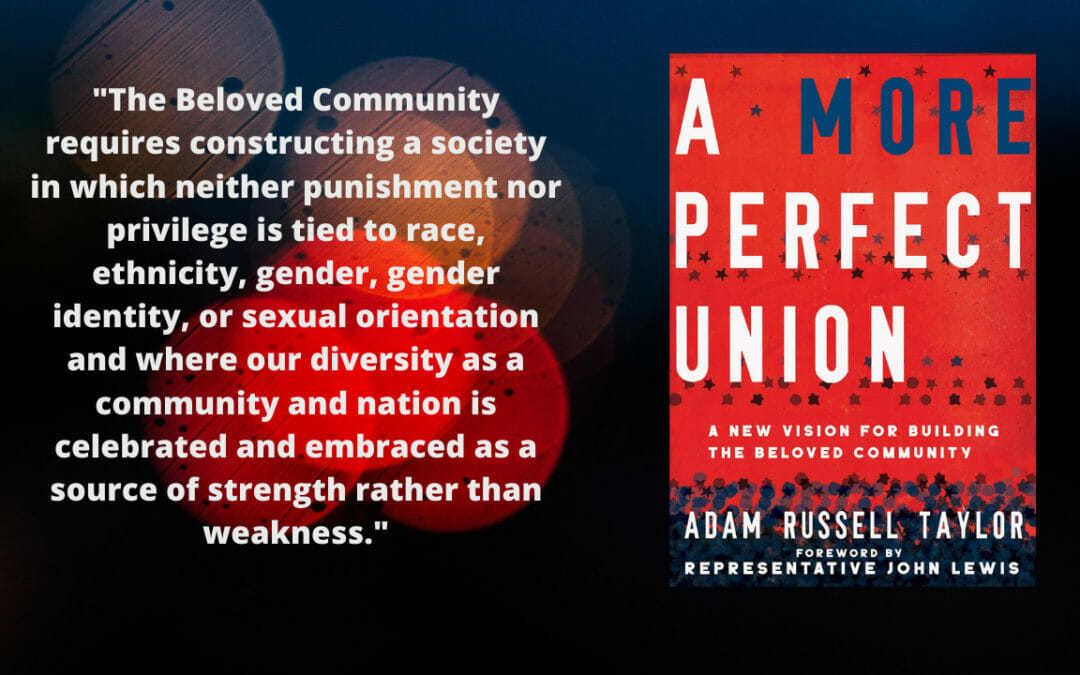
The Beloved Community requires constructing a society in which neither punishment nor privilege is tied to race, ethnicity, gender, gender identity, or sexual orientation and where our diversity as a community and nation is celebrated and embraced as a source of strength rather than weakness.
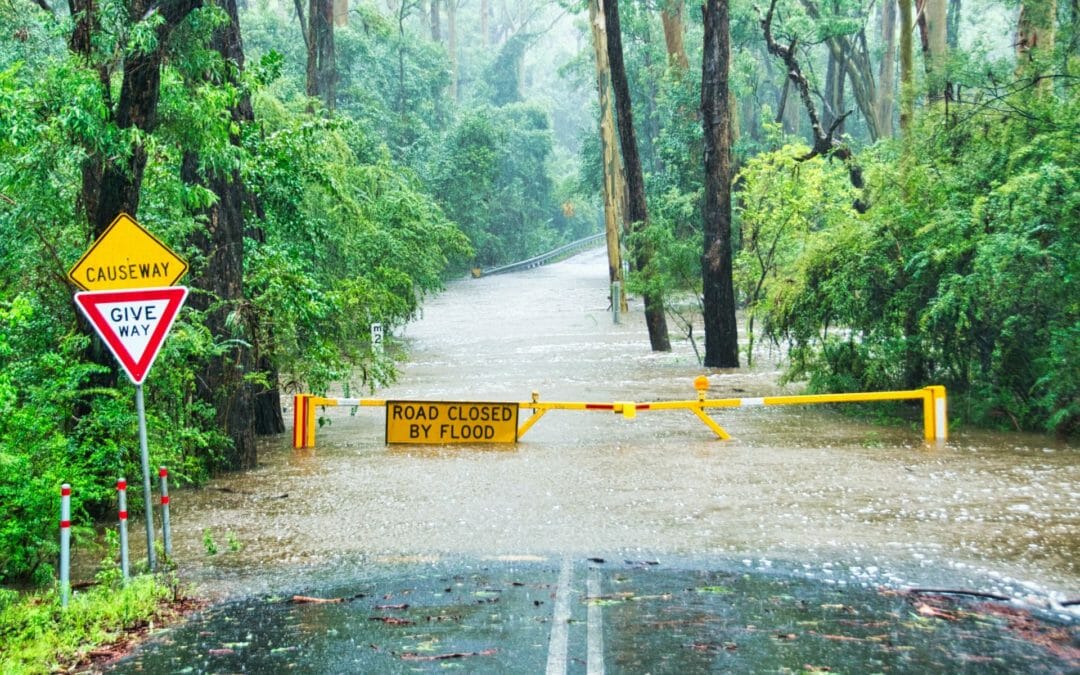
The struggle to care for the integrity of our creation cannot be waged and sustained apart from the struggle for justice amongst people. Biblically, justice and a spirituality of ecology are linked to each other in one ecosystem.
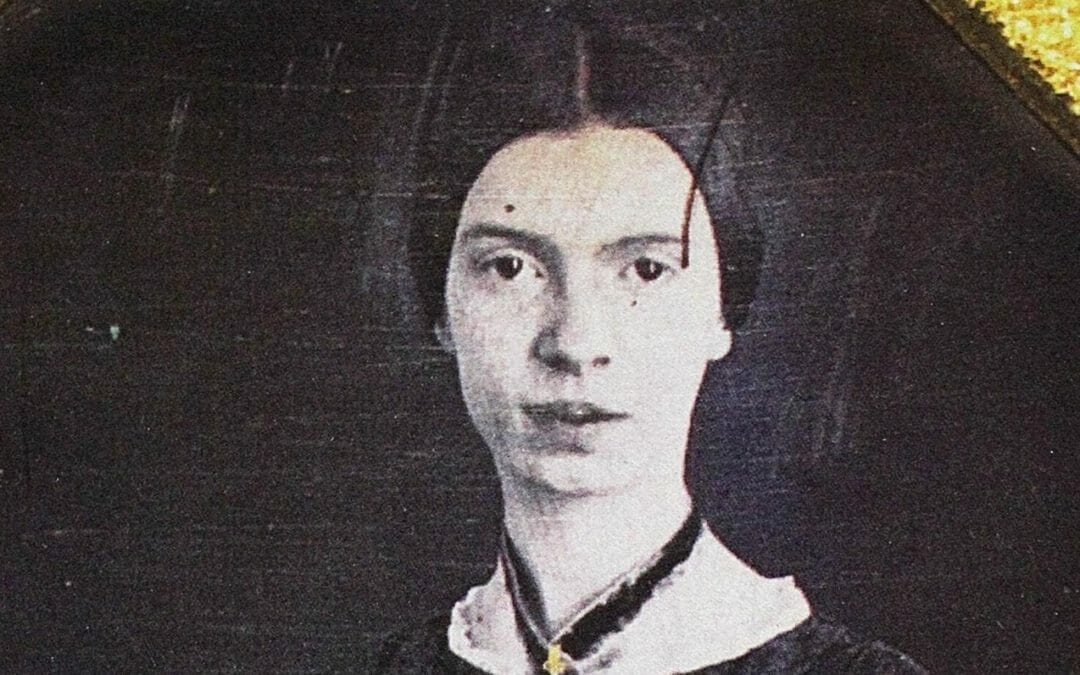
Those of us who have tried to give our all to Christ and to Christ’s church face a conundrum as to how we should encounter our brothers and sisters (and our children and grandchildren) who are spiritual but not religious. Let us be like the parents of Emily Dickinson, who affirmed her, embraced her, and welcomed her at the table.
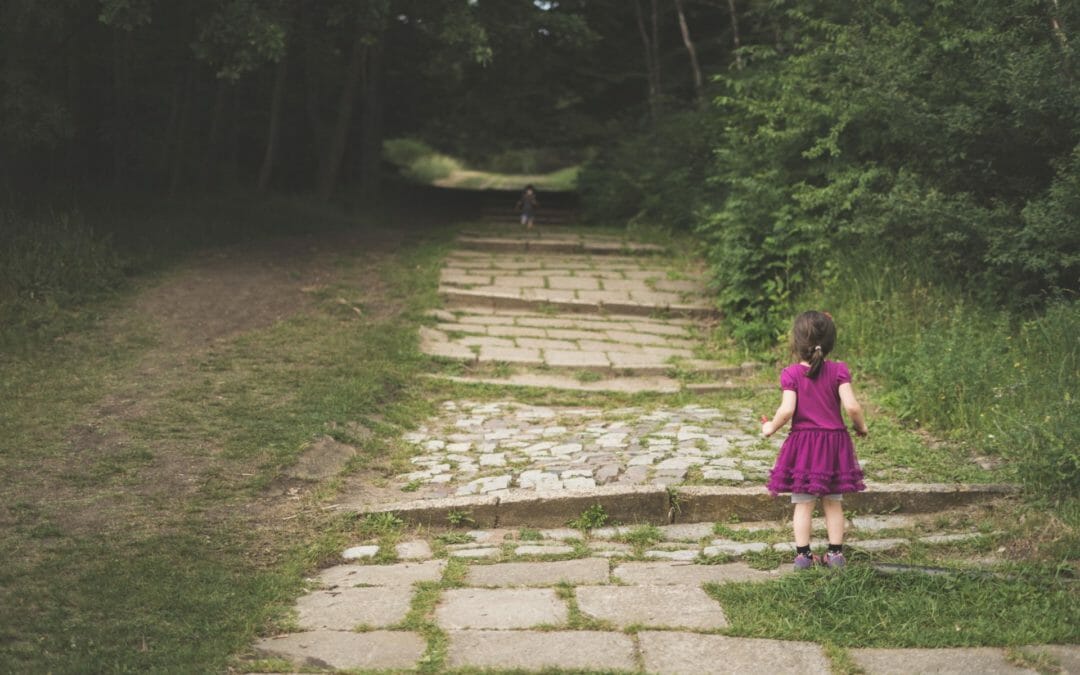
When will Christians stop believing the lie that we are self-sufficient? When will we understand that collective responsibility for creation, for the vulnerable, is more Christ-like than personal freedom and choice? Will it be when the number of children dead from a disease, which could be controlled by a vaccine, starts rivalling the number of adults? The American evangelical church will find itself with blood on her hands unless we do better.
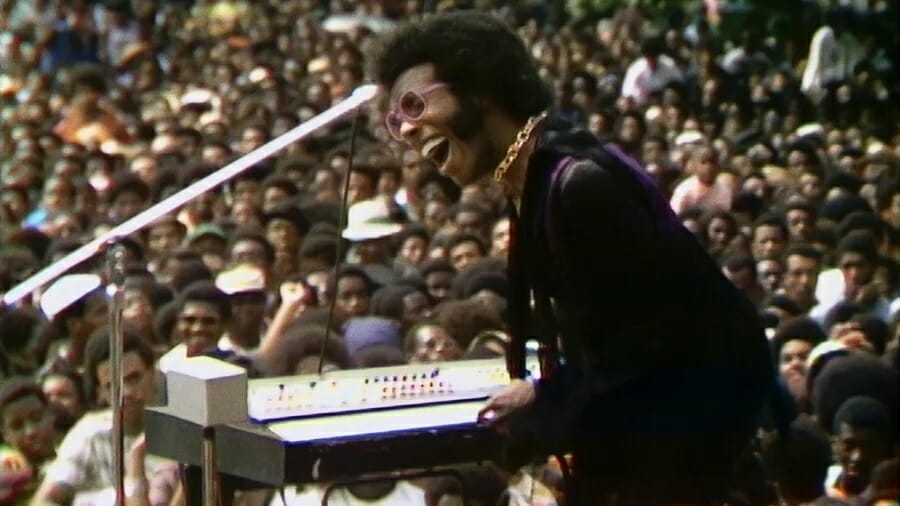
Woodstock looms large in the cultural memory of many Americans. However, the footage from the 1969 Harlem Cultural Festival (also known as “Black Woodstock”) largely remained forgotten in its film canisters until a recent documentary, “Summer of Soul,” directed by Ahmir “Questlove” Thompson of The Roots.